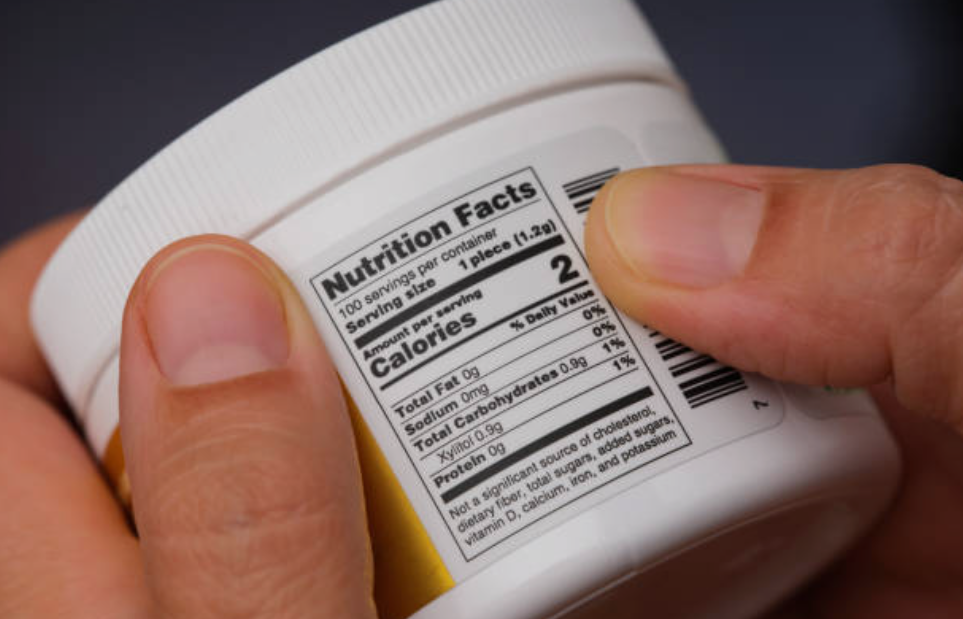Low-calorie sweetener xylitol linked to heart attacks, strokes: study

Posted Jun 11, 2024 11:07:44 AM.
Last Updated Jun 11, 2024 01:59:07 PM.
It’s a common sweetener that’s used in tons of products that are likely in your home. Researchers are sounding the alarm about xylitol.
It’s a low-calorie sugar alcohol that is found in products like mouthwashes, lozenges, candies, toothpaste, peanut butter, and baked goods.
The Center for Cardiovascular Diagnostics and Prevention at the Cleveland Clinic Lerner Research Institute finds it’s linked to an increased chance of heart attack and stroke.
“This study again shows the immediate need for investigating sugar alcohols and artificial sweeteners, especially as they continue to be recommended in combatting conditions like obesity or diabetes,” Dr. Stanley Hazen, director of the institute, explained in the study.
“It does not mean throw out your toothpaste if it has xylitol in it, but we should be aware that consumption of a product containing high levels could increase the risk of blood clot-related events,” he added.
Hazen previously told CNN that during the study, “We gave healthy volunteers a typical drink with xylitol to see how high the levels would get and they went up 1,000-fold.”
Vancouver-based registered dietician Ali Chernoff doesn’t recommend consuming sugar alcohol. She explains that the alcohols don’t break down properly in the body and can have a domino effect.
“It definitely changes the microbiome … 75 per cent of functioning liver comes from gut health. Fifty per cent of brain health comes from gut health, so if you have poor gut health you may experience brain fog. Everyone experiences different things with gut health, but you are at risk.”
She agrees more research needs to be done but thinks it’s best to skip it as often as possible.
“If you’re diabetic or not, it’s about balancing out your meals. Sugar is sugar, is sugar in terms of refined sugar, but sugar alcohol is a different category and that is just not recognized by the body. I would not recommend it.”
Chernoff says consume everything in moderation and says it’s important people read the label before buying anything.
“You don’t want to be starting to add it into products. You want to control that. The less fillers, the better for your overall health because it really changes your gut health, and all of our organs are attached [to that].”
Like Hazen, Chernoff doesn’t think you need to start throwing things out but be careful what you purchase and how much you consume.
“Don’t go and buy a bag of xylitol and use that as your sugar replacement, but if it’s in the odd thing, it’s fine … but I would try to avoid it as much as possible.”
The same team of researchers at the Cleveland Clinic found a similar link between the sweetener erythritol and blood clots, stroke, and heart attacks last year.
Xylitol is often marketed toward people who are diabetic or on Keto-friendly diets.








